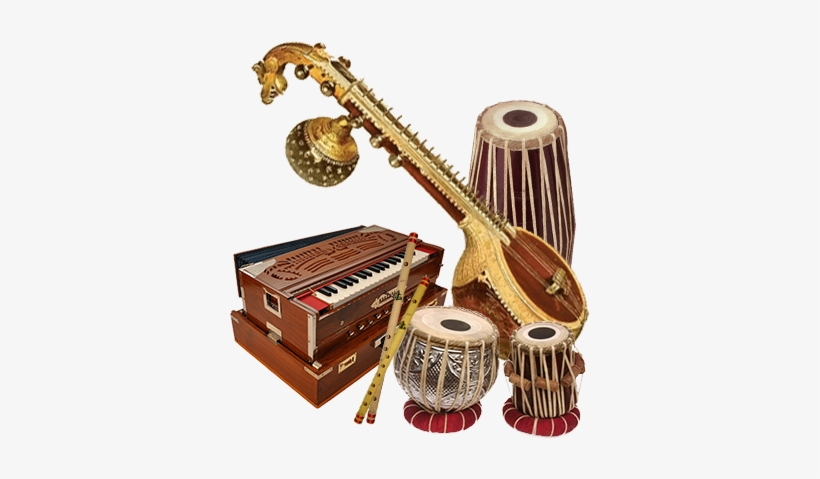
Learning a musical instrument is more than just mastering melodies; it’s a journey of personal growth and mental resilience. By fostering discipline, enhancing focus, and stimulating creativity, playing an instrument strengthens your mind’s ability to cope with stress and adapt to challenges. This holistic practice combines emotional expression with cognitive development, nurturing your inner strength.
The Foundation of Mental Resilience
Mental resilience is the ability to bounce back from setbacks, adapt to adversity, and keep moving forward with hope and determination. In life, challenges are as certain as the seasons, and just as trees grow stronger when facing fierce winds, your mind becomes more robust when nurtured with resilience-building practices.
Music, my dear, is like sunlight for the soul. It teaches patience, determination, and focus—all essential ingredients for mental strength. When you learn to play an instrument, you engage your mind, heart, and hands in harmony, creating an experience that transforms frustration into perseverance and doubt into confidence.
How Learning Music Builds Resilience
1. Cultivating Patience and Discipline
When you first pick up a guitar, sit at a piano, or hold a violin, the sounds might resemble a cat’s complaints rather than a melody. This stage tests your patience. Progress in music doesn’t come overnight. With consistent practice, small steps lead to noticeable improvements. Each note mastered becomes a lesson in discipline, showing that resilience grows when we commit to the process.
2. Enhancing Focus and Mindfulness
Playing an instrument demands complete attention. As you practice scales, chords, or rhythms, your mind focuses entirely on the task. This kind of mindful attention not only improves your playing but also trains your brain to concentrate on the present moment. Over time, you’ll find it easier to stay calm and composed even in stressful situations.
3. Managing Emotions
Music is a powerful emotional outlet. Whether you’re feeling joyous, melancholic, or frustrated, playing an instrument allows you to channel those emotions. This emotional expression helps in regulating your mood and reducing stress. As you grow more skilled, you’ll notice how music becomes a trusted companion in navigating life’s emotional tides.
4. Fostering Creativity and Problem-Solving Skills
Every musician faces challenges—a difficult piece, a tricky rhythm, or an elusive melody. Tackling these problems encourages you to think creatively. Over time, this habit of approaching challenges with curiosity and determination extends beyond music, equipping you with the mental agility to solve life’s problems.
5. Building Confidence Through Mastery
Imagine the joy of playing your favorite song flawlessly or performing for an audience. These moments boost your confidence and remind you of your ability to achieve goals through persistence. Confidence, my dear, is a cornerstone of resilience.
The Science Behind the Magic
Modern research has shown that learning a musical instrument has profound effects on the brain. It stimulates both hemispheres, strengthens neural connections, and even enhances memory and cognitive flexibility. For instance, practicing a piece repeatedly helps develop muscle memory and improves hand-eye coordination. These neural benefits translate into better adaptability and stress management in everyday life.
Practical Steps to Begin Your Musical Journey
- Choose an Instrument You Love Start with an instrument that excites you. Whether it’s the soulful sound of a flute or the rhythmic beats of drums, your passion will keep you motivated.
- Set Realistic Goals Begin with simple, achievable goals. Mastering one song or practicing for 15 minutes daily can make a big difference over time.
- Seek Guidance A good teacher or online tutorial can help you learn correct techniques and progress efficiently.
- Practice Regularly Consistency is key. Even short but daily practice sessions can yield significant results.
- Celebrate Small Wins Reward yourself for milestones, no matter how small. It could be playing a simple tune or learning a new chord.
Overcoming Common Challenges
- Frustration with Slow Progress Remember, every expert was once a beginner. Embrace the process and take pride in small improvements.
- Time Management Integrate practice into your daily routine. Treat it as a non-negotiable part of your day, like brushing your teeth.
- Self-Doubt Silence the inner critic. Focus on enjoying the journey rather than striving for perfection.
Inspirational Stories
Let me tell you about two individuals. The first is a young girl who struggled with anxiety. She started learning the piano and found that the act of playing soothed her mind and boosted her self-esteem. Over time, she became more resilient, handling her challenges with grace.
The second story is of a retired gentleman who took up the violin in his sixties. Despite initial struggles, he persisted and found joy in the learning process. The newfound hobby brought a sense of purpose and vitality to his days.
Q&A Section
Ques 1: Is it ever too late to start learning a musical instrument?
Ans; Absolutely not! Whether you’re young or old, music welcomes everyone. Starting at any age has its benefits and rewards.
Q2: What if I don’t have a natural talent for music?
Ans: Talent is just a small part of the equation. With dedication and practice, anyone can learn and enjoy playing an instrument.
Q3: How much time should I practice daily?
Ans: Even 15-20 minutes of focused practice daily can yield great results. Consistency matters more than duration.
Q4: Can learning music really help with stress?
Ans: Yes, playing music can significantly reduce stress by calming the mind and providing a creative outlet for emotions.
Q5: Should I learn to read music?
Ans: While it’s not mandatory, learning to read music can deepen your understanding and make it easier to learn new pieces.